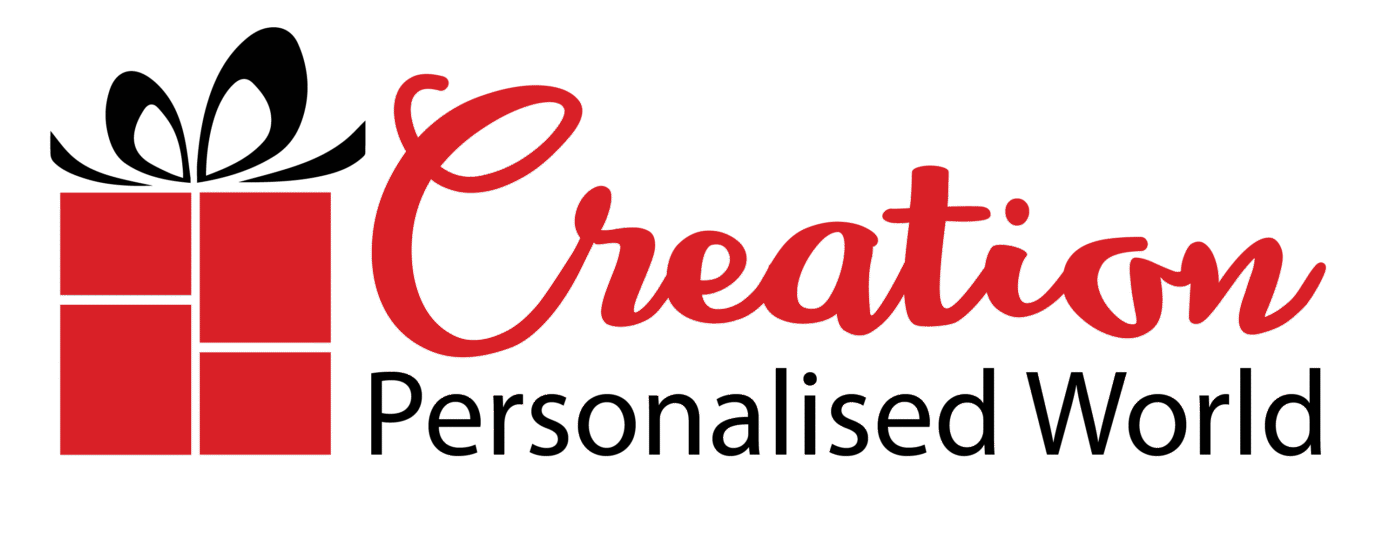Red wine is a frequently cited migraine trigger, though any alcohol can potentially cause an attack. Certain genes influence alcohol sensitivity, tolerance, and the tendency to drink. For example, individuals of East Asian ancestry often have lower alcohol tolerance due to a genetic variation in the ALDH2 receptor, resulting in the “Asian flush” reaction. This genetic difference leads to a buildup of acetaldehyde, a toxic byproduct of alcohol metabolism, which triggers the release of histamines, a common cause of migraines. Alcohol contains ethanol, a vasodilator that increases the size of blood vessels in the body. This acute widening of blood vessels in the brain may trigger migraine attacks in certain individuals, especially those prone to migraines.

Symptoms Before, During, and After Alcohol Consumption and a Migraine Attack

Additionally, consulting with a healthcare professional can provide valuable guidance and support in developing an effective management strategy. Choosing alcoholic beverages lower in congeners, such as clear spirits, may help some individuals avoid headaches if congeners are a known trigger for them. However, it is important to remember alcoholism that all types of alcohol can potentially cause a headache. Eating a meal before or while drinking can slow the absorption of alcohol into the bloodstream and help maintain stable blood sugar levels, preventing headaches worsened by low blood sugar.
- A 2023 review of studies concluded that alcohol consumption increases the risk of headaches, particularly migraine and tension-type headaches.
- Consuming a meal before drinking alcohol can help slow down the absorption of alcohol into the bloodstream, reducing the risk of immediate alcohol-induced headaches.
- While some studies suggest alcohol’s role as a trigger might be overestimated, its impact is often seen within a few hours of consumption.
Specific Neurochemicals in Migraine
- This acute widening of blood vessels in the brain (called vasodilation) may explain the cocktail headache.
- Just bear in mind that not all alcoholic beverages are created equal and everyone reacts differently to alcohol.
- Yes, certain ingredients or additives in alcohol can contribute to headaches.
In addition to dehydration, other factors may contribute to alcohol-induced headaches. Alcoholic drinks contain chemicals called congeners, which have been linked to migraine headaches. Histamine, another compound common in alcohol, particularly red wine, may also be a factor. Individual factors such as body weight, genetic factors, and sensitivity to specific ingredients in alcohol can also influence the likelihood of experiencing a headache after consuming alcohol. The type and amount of alcohol consumed can also influence the likelihood of experiencing a headache. Some people may find that they tolerate certain types of alcohol better than others.

Cluster headache
Additionally, people with a history of migraines may experience longer-lasting headaches after drinking alcohol. Understanding how long these headaches can last can help you take the necessary steps to prevent or manage them effectively. They occur due to various factors such as dehydration, changes in blood flow to the brain, and alcohol’s impact on serotonin levels. It causes dehydration, triggers inflammation, alters the balance of brain chemicals, disrupts sleep, and lowers glucose levels — all factors that can increase the risk of headaches. Understanding the relationship between alcohol consumption and headaches is crucial to both general health and head pain management. Although alcohol is a common part of many social events, it can also be a frequent headache trigger for many people.
Individual Differences and Triggers
Remember to consult with a healthcare professional for personalized why does alcohol give me a migraine advice and guidance. Limiting alcohol consumed and slowing the rate allows the body more time to process alcohol and its byproducts, potentially reducing the impact of acetaldehyde. Beverages lower in congeners, such as clear spirits, may cause fewer hangover symptoms than darker drinks. For those sensitive to histamines, white wine or clear spirits might be preferable. The most commonly recognized is the hangover headache, a delayed alcohol-induced headache that typically appears the morning after drinking. This headache often presents as a throbbing pain, accompanied by nausea, fatigue, sensitivity to light and sound, and dizziness.
Battling the Pain: Understanding Alcohol-Induced Headaches
- Drinking water and sports drinks with electrolytes can help restore fluid balance.
- Congeners have been linked to headaches and may be another factor in alcohol-induced headaches.
- For those sensitive to histamines, white wine or clear spirits might be preferable.
- Understanding the role of sulfites in wine and exploring alternative options can help individuals manage their sulfite intake and reduce the risk of wine-induced headaches.
Drinks containing more alcohol and congeners may worsen the chance of developing a headache. A person may experience migraine after https://ies.mx/?p=1846 drinking if they are susceptible to it. Some people may experience an alcohol-related migraine between 30 minutes and 3 hours after drinking.
